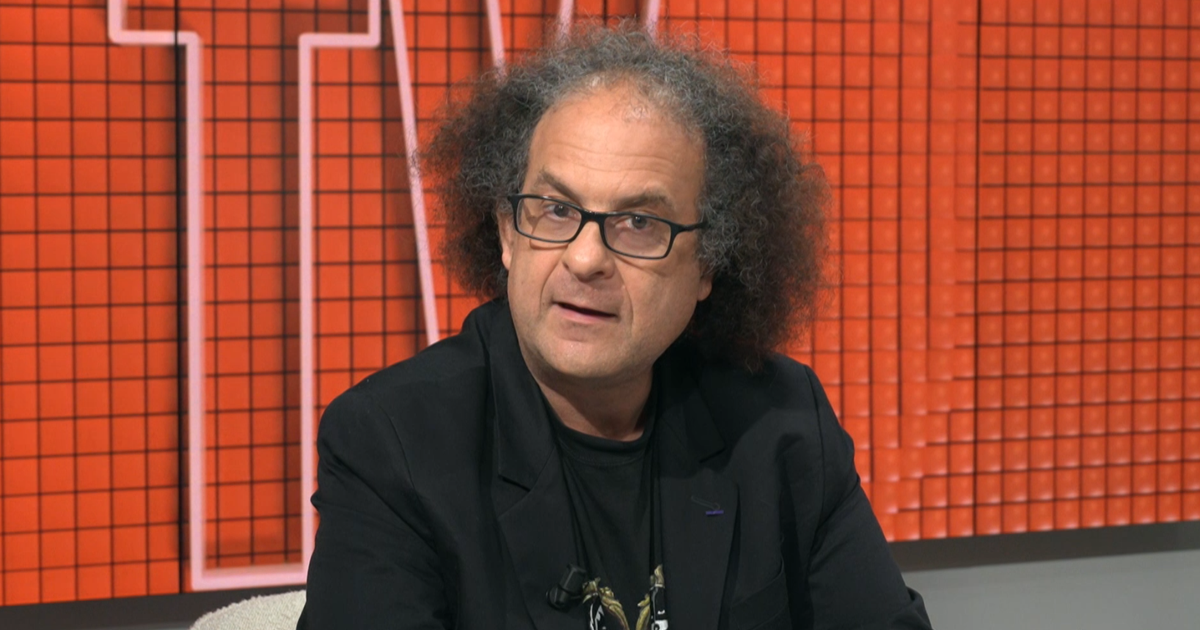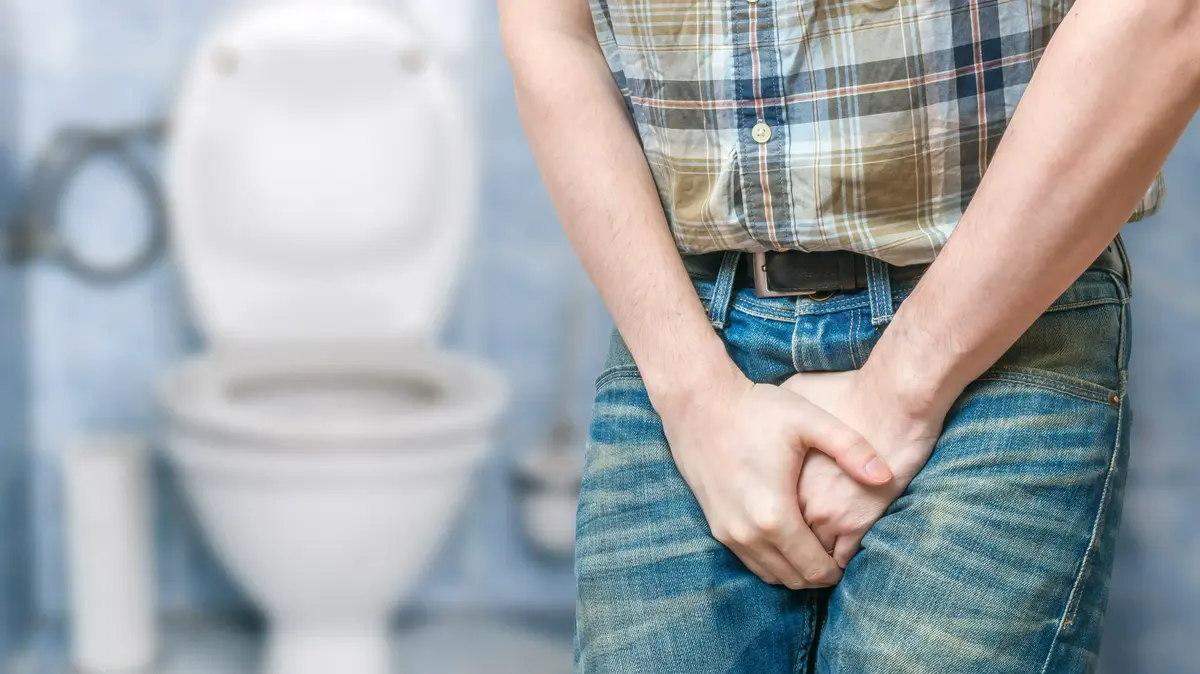- Click to share on Facebook (Opens in a new window)
- Click to share on Twitter (Opens in a new window)
- Click here to share on LinkedIn (Opens in a new window)
- Click to email a friend (Opens in a new window)
(CNN) - Reducing your diet sodas is a quick way to improve your health and lose weight, you probably already know that.
LOOK: It's not just soda: drinking too much fruit juice is related to the risk of premature death
But actually giving up your habit of drinking soda is not always an easy task. While some people may work well without soda, others find that they need their dose from breakfast.
And we're not just talking about the sugary guy. For some, a daily soda ritual includes drinking several cans of artificially sweetened beverages, which are not much better.
So what does soda have, both regular and dietary, that makes it so addictive?
According to Gary Wenk, director of undergraduate programs in neuroscience at Ohio State University and author of "Your Brain on Food," everything is in the design of the drink. Your favorite brand of soft drinks is designed with the right amount of sweetener, caffeine and carbonation so you always want to drink it.
Sugar factor
Consider the fact that a 12-ounce can of Coca-Cola has the large amount of 39 grams of sugar, which is equivalent to about 10 teaspoons, and more than we should consume in a whole day.
READ: Do taxes on soft drinks work? Experts analyze the case of Mexico
But that torrent of sweetness also seems to activate the same reward centers in the brain as drugs, Wenk explained. The release of the brain chemical dopamine is triggered in a region known as the nucleus accumbens, and as a result we feel euphoria.
"The sugar in the drinks ... goes through the brain, you get the dopamine that rewards you, and then the effect of the increase in dopamine disappears almost as fast as it came, leaving your brain wanting more," said Wenk.
In fact, one review concluded that sugar can be even more rewarding and attractive than cocaine.
But satisfying that desire for more sugar can lead to greater cravings.
"The more soda you drink, the greater the 'reward' and, as would happen with the most pleasant things, we develop an affinity and want even more of them," said Cordialis Msora-Kasago, nutritionist and spokesperson for the Academy of Nutrition and Dietetics.
A kick of caffeine
Sugar is not the only guilty ingredient when it comes to the addictive qualities of soft drinks.
There is also caffeine, which is a stimulant, "and our brain craves things that stimulate it," he continued. According to Wenk, caffeine not only accelerates our thinking, but also has its own unique ability to activate the reward pathways that involve dopamine.
LOOK: Child wanted to prove the damage caused by soda to teeth and his video has gone viral
"Caffeine is one of the most consumed psychostimulants in the world ... and has an addictive property," said Dr. Marilyn Cornelis, an assistant professor of preventive medicine at Northwestern University. "[With sodas], we're getting a high sugar content combined with caffeine, and that's a pretty good feeling that could make you consume more the next day or again."
When consumed regularly, people often begin to rely on caffeine to increase attention, alertness and energy, according to Msora-Kasago. "They may feel dependent on it and even experience signs of withdrawal, such as headaches and poor concentration, when they don't have it," he said.
Effervescent factor
There is another element that plays a very important role in the appeal of soft drinks: the effervescent. "If you drink Coca-Cola and leave it open for a day or so, how much would you like to drink it?" Wenk said.
In fact, carbonation makes any beverage much more addictive, according to Wenk.
These bubbles add a small amount of acidity, which when combined with sugar intensifies the feeling of euphoric "reward," Wenk explained. The carbonation also has the ability to make the sugar stay in the background, which does not mean that the sugar still does not exert its pleasant effects, but that the bubbles dampen the sweet taste enough to make you want even more.
Without sugar, the same problems
Although diet sodas replace real sugar with artificial sweeteners, they can have their own addictive characteristics. According to Msora-Kasago, they trigger flavor receptors that register sweetness and wait for sugar, essentially preparing the brain for a reward that never comes.
LEE: Wendy's removes soft drinks from children's menus
And when "the brain doesn't get the reward it wants from its drink, real sugar says, 'Go and bring me something else," Wenk said.
And, as with normal sodas, carbonation aggravates the effect of artificial sweeteners: it attenuates the flavor enough to intensify our cravings and open another can.
Rituals and genes
But why do some people seem to crave one soda after another, while others may have only one and be satisfied? It may have to do with some of the ritual aspects of soda consumption, which also play a role in the chemistry of our brain. Everything from listening to pop and the effervescence of carbonation to seeing the words "diet" written on a can, an aspect of reward in itself for participating in what may be considered a "virtuous" behavior, can increase the activity of Dopamine
"Even before receiving that first dose of caffeine in the brain, you already feel the reward," said Wenk.
And that expectation helps establish a habit. “[People] study late at night, drive home or go to a meeting, and that can of soda is the only thing that keeps them alert and engaged,” said Msora-Kasago.
Diet sodas in particular can become addictive when they are considered the "healthiest" option. For example, it is common to replace a regular soda habit with diet soda, which reduces calorie intake without giving up the real soda habit, Msora-Kasago explained.
MIRA: Do you want to live longer? Stop consuming these sugary drinks
And at least one study suggests that there may be genetic foundations related to our desire to consume sweet drinks. In the study, people who had a variant in a gene known as FTO, which had previously been linked to a lower risk of obesity, surprisingly had an affinity for sweetened beverages.
"People with this FTO variant are more likely to drink more soda," said Cornelis, co-author of the study. Although the link to reduce the risk of obesity is counterintuitive, it is "a similar trend observed by other scientists" and something researchers are still trying to understand, according to Cornelis. Around 20% to 30% of the population has the genetic variant.
Kick the can
If you sometimes drink a soda, say a few times a month, there is nothing to worry about. But if you drink more than one soda per day, you may be at risk for health conditions that include obesity, heart disease and type 2 diabetes, according to Msora-Kasago. And drinking diet soda also carries risks: consuming only one can per day has been linked to an increased risk of stroke and dementia.
"The key is to find (another) drink that you enjoy," Msora-Kasago said. "Sugar-free milk is always a good place to start because in addition to quenching thirst, milk provides many important nutrients, such as protein and calcium."
For a low-calorie option, you can enjoy a cup of unsweetened tea, which adds flavor and stimulates antioxidants that fight disease.
READ: Why can't you just eat a cookie or a potato chip?
And water is still the tried and true drink for better health. If you don't like water without gas, Msora-Kasago recommends finding a sugar-free carbonated water that you like, or making your own spritzer by mixing three parts of water with gas with one part of fruit or vegetable juice.
If you are drinking soda to increase energy during the day, you may want to control your sleep. Research suggests that there may be a link between sleeping less than 5 hours per day and drinking more sugary and caffeinated sodas, Msora-Kasago explained.
But if getting enough sleep will really discourage you from reaching that can of cola is much less definitive. "The well-rested brain will encourage you to drink as much soda as a sleepy brain," said Wenk.
Lisa Drayer is a nutritionist, author and collaborator of CNN in health and nutrition.
SugarSweet DrinksDietFoods









/cloudfront-eu-central-1.images.arcpublishing.com/prisa/KMEYMJKESBAZBE4MRBAM4TGHIQ.jpg)



